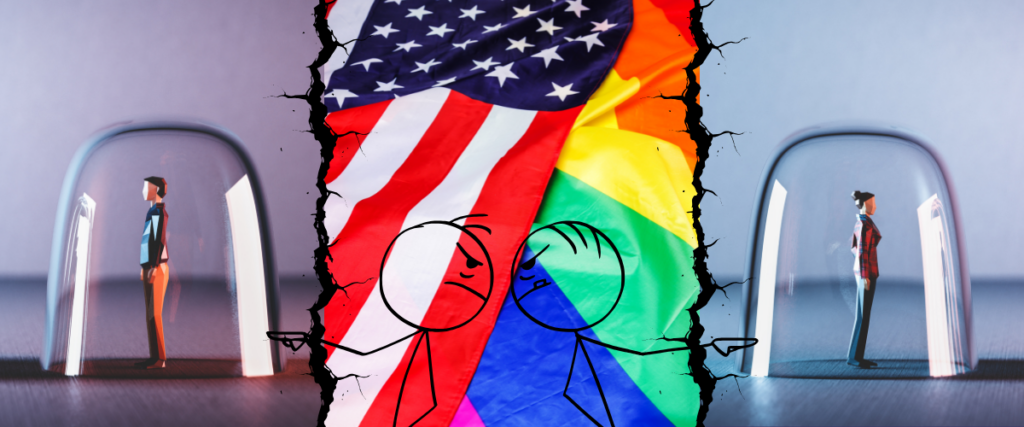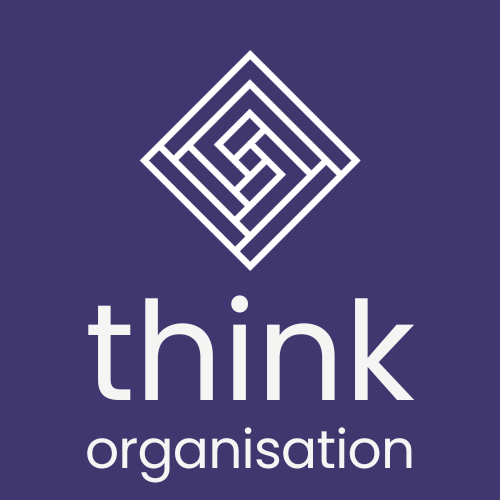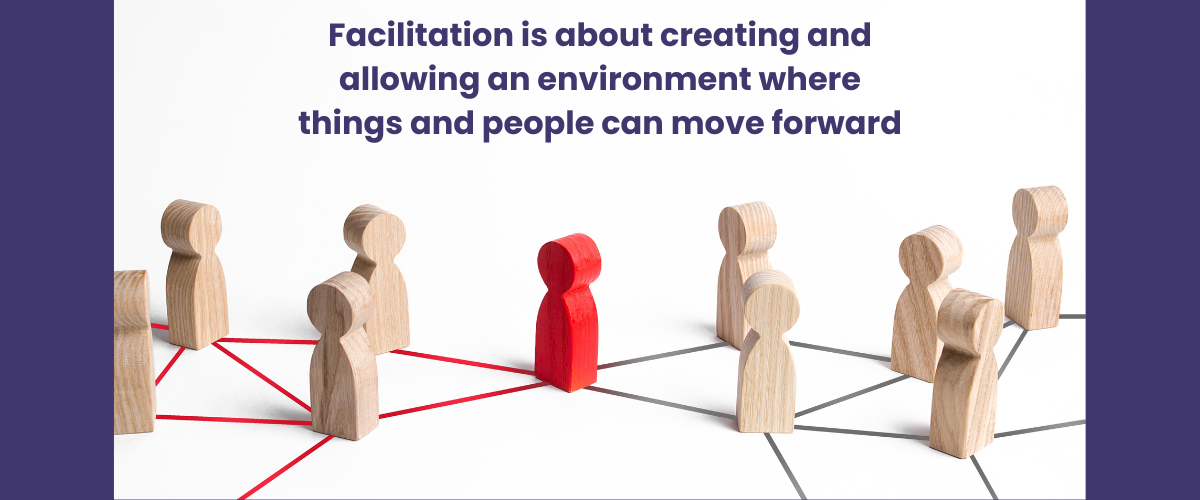Imagine a time in the future when everyone is included and has a real sense of belonging, no matter their race, colour, background, gender, socio-economic status, neuro-needs, or lifestyle preferences.
Where everyone feels like they belong. Belonging is the feeling of security we get when there is a sense of acceptance for individuals.
Imagine if there is no need for “women in the workplace” forums, specialist DEI teams, or targeted inclusion initiatives and quotas because everyone is included. A time in the future when everyone belongs.
There is acceptance, inclusion and identity for all groups and all people. People work together to create inclusive environments where everyone brings their own unique talent to benefit everyone – helping and supporting each other.
With the media frenzy over DEI currently led by Donald Trump, can this ever really be a reality?
Yes. Of course it can. It’s a choice.
The Power of Belonging
Think Organisation has long stood apart from delivering specific DEI initiatives, despite partnering with many amazing DEI-focused organisations, because we are about culture.
We are about the way things get done, not about promoting the voice of one group or segment. In our opinion and experience, all organisation’s need inclusive cultures to prosper and grow – and in some cases, just survive.
Belonging is a fundamental human need.
Extensive research has shown that when people feel included and valued, they are more motivated, committed, and productive. A culture of belonging fosters stronger relationships, reduces stress, and enhances collaboration.
When employees believe they are truly part of the organisation, they contribute more freely and take ownership of their work. However, this needs to be authentic.
Working at a big corporate, with a white male-dominated C-suite team, I remember attending an International Women’s Day celebration event twenty years ago. When I looked around, 99% of the people in that room were women – just as 99% of people in racial equality groups are from the global majority or other similar groups promoting ‘minority’ voices. It was at this point, I knew culture was the answer. Being able to listen to each other (and truly hear what people say) is what brings about real diversity, equity, and inclusion. So when did it all go wrong? And how can psychology help us move forward?
What is Psychological Safety?
No matter what your thoughts on recent announcements in the press, especially in the USA, we want to be clear. Our mission is to ensure people feel included where they work and live, and that every human has the right to be safe. In many cases, this is exactly what DEI initiatives were set up to change – historic, legacy assumptions and power imbalances that need to shift.
But the focus seems to have been lost.
When diversity (bringing variety into the workplace) became a focus, humans immediately centred on the extrinsic – visible artefacts of being diverse.
Do you remember the Not Every Disability is Visible campaign?
Diversity isn’t just about visible variety (e.g. skin colour or gender); it is about things we can’t see (e.g. neurodiversity or diversity of experience). And as many organisations found, simply creating what looked like a diverse board often did not lead to improved behaviours and performance. In fact, often conflict grew, and employee tenure reduced.
Psychological safety, a term popularised by Harvard professor Amy Edmondson, refers to an environment where individuals feel safe to speak up, take risks, and express their thoughts without fear of embarrassment or retaliation.
In workplaces with high psychological safety, people are more likely to share ideas, admit mistakes, and challenge the status quo – critical components of innovation and continuous improvement.
In contrast, a lack of psychological safety leads to silence, disengagement, and a fear-driven culture. When employees worry about being judged or penalised for their contributions, they withhold valuable insights, leading to stagnation and missed opportunities. This is extremely common when people are marginalise, not represented or have limited role models.
The future of work depends on innovation. Modern workplaces thrive on creativity, problem-solving and cultures where people can experiment, work together and share unconventional ideas. Organisations which foster a culture of open communication and risk-taking will be in a better positioned to adapt and innovate.

Diverse Perspectives Lead To Better Decision-Making
A singular viewpoint often lacks the depth, understanding and richness that multiple viewpoints can provide. But for voices to be heard, a culture of belonging is critical. Because this ensures diverse voices, multiple perspective and broad ranges of experiences are heard and understood.
Diverse boards lead to higher profits (Corporate Governance Institute, 2021) so in this fragile, uncertain world what can leaders do to create a culture of belonging across their teams?
- Encourage Open Dialogue: Foster a culture where employees feel comfortable expressing concerns and ideas without fear of retribution.
- Role-model Vulnerability: Leaders need to go their first in terms of the behaviours they expect from their teams, so being able to admit mistakes and seek feedback helps create psychological safety and set the tone across their teams.
- Recognise, Address & Embrace Biases: Whilst awareness training can often be the first step to help mitigate unconscious biases, this is not all that is required. Every human has biases, this helps us think effectively in many situations, but they can be detrimental to inclusion and belonging. Being able to ask questions, listen, listen, listen and seek to understand is crucial to embracing our own biases and idiosyncrasies’ so we can help everyone belong.
- Celebrate Contributions & Set Up Success: Leaders who set their teams up for success, with resources, support and direction grow psychologically safe cultures. Celebrating the success of individual contributions, appreciating employees for their own unique skills and perspectives promotes a safe culture where people feel like they belong.
- Create Safe Feedback & Performance Conversations: Leaders often avoid difficult conversations, because it is not something most people enjoy. However, leaders who are open to giving and receiving feedback, and step into difficult conversations in a professional, engaging and in open way create psychologically safe cultures.
DEI is Belonging
Despite the negative press, organisations jumping on the bandwagons of diversity in the last few days need to be mindful that the future of work is not just about technology, automation, or efficiency – it is about people. People are the heart and mind’s of organisations. Employees behaviours, ways of working and approaches are what make organisations successful. This is what diversity and inclusion is about – creating workplaces where everyone is represented, included and feels psychologically safe.
By embedding these principles into workplace culture, businesses will not only thrive but also create environments where every individual can reach their full potential.



